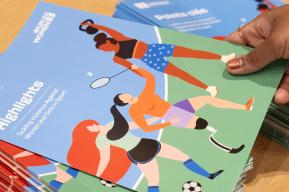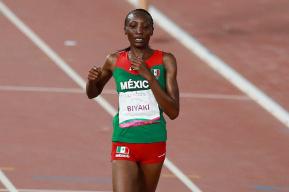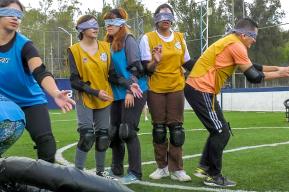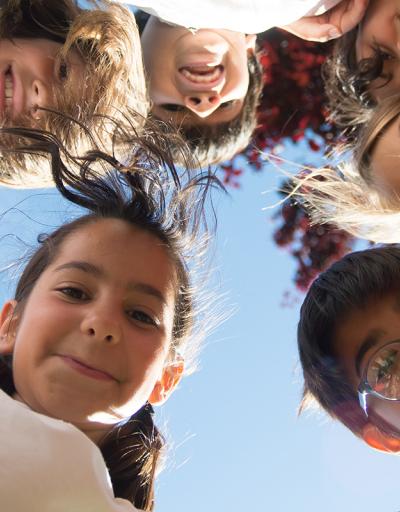
Fit for Life
About the project
Fit for Life is UNESCO's sport-based flagship designed to accelerate COVID-19 recovery, support inclusive and integrated policy making, and enhance the wellbeing of youth around the world. Powered by a global compact of partners, Fit for Life uses data driven sport interventions to tackle intersecting crises in physical inactivity, mental health and inequality.
These crises have been magnified and accelerated by the COVID-19 pandemic and have had a disproportionate impact on young people, disrupting the way in which they learn and live.
By strengthening inter-sectoral cooperation, increasing grassroots participation in sport and documenting intervention impact, Fit for Life will drive the behaviourial and systems level change needed to build back better.
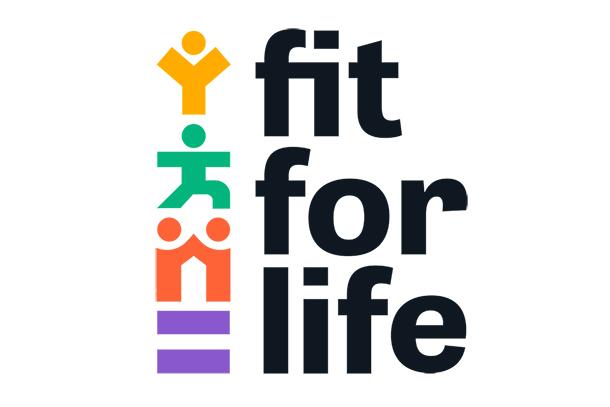
Fit for Life ...
led by UNESCO’s Social and Human Sciences Programme, has five interlinked objectives:
- Increase grassroots participation in sport and quality PE to reduce inactivity and chronic disease (physical and mental).
- Support the development of quality and inclusive sport policies which drive health, education and equality outcomes.
- Use values education through sport to empower young people, promote equality and build socio-emotional resilience.
- Support teachers and coaches to deliver quality, student-centred sport education curricula.
- Build evidence to support targeted investments in sport as an accelerator of COVID-19 recovery.
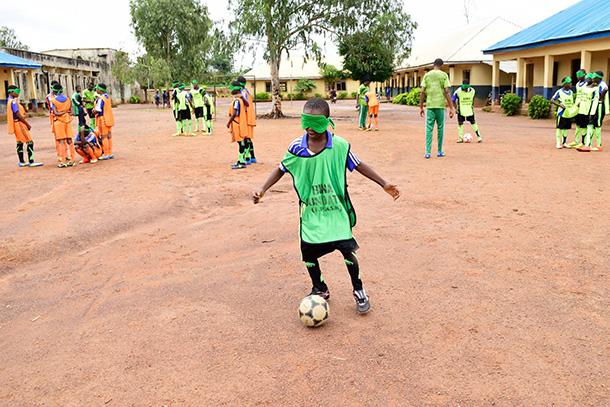
Fit for Life – sport powering inclusive, peaceful and resilient societies
In this video, Gabriela Ramos, Assistant Director-General for Social and Human Sciences at UNESCO, explains how UNESCO is using sport to tackle three intersecting global challenges worsened by COVID-19: physical inactivity, mental health issues and inequality.
Fit for Life is framed as a solution to driving outcomes in health, education and equality. Offering stakeholders a joined-up implementation framework with concrete pathways to deliver smart investments in sport that create impact across sectors, Fit for Life aims at triggering systems-based and behaviourial change to “build back better”.

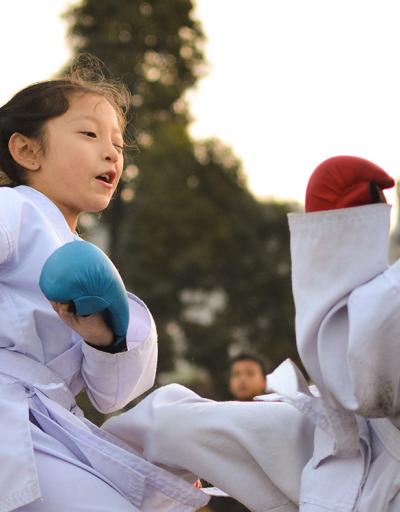
COVID recovery: sport education as a high-yield investment
Integrated sport education interventions provide productive pathways for societies to rebuild and recover, and for young people to build resilience and skills, such as leadership, communication, team-building, problem-solving and critical thinking.
The impact data on the power of sport education is clear: it represents a high-yield investment to enhance physical and mental wellbeing and deliver values education that will equip youth for life.
With this in mind, Fit for Life is designed to address three major intersecting crises in inactivity, mental health, and inequality. These crises have been magnified and accelerated by the COVID-19 pandemic and have had a disproportionate impact on young people, disrupting the way in which they learn and live.
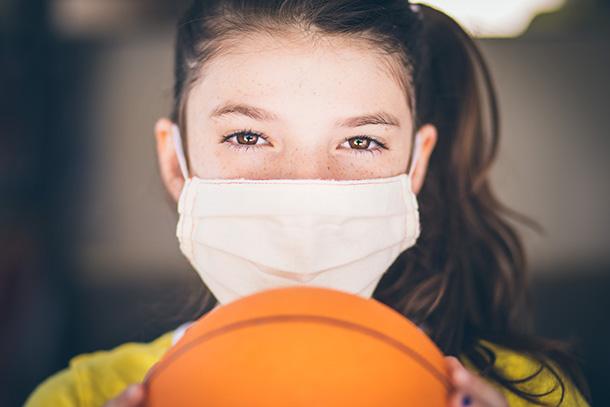
COVID-19 impact on young people ...
- Emerging data indicates a decline of 41% in physical activity since the beginning of the pandemic, with the most disadvantaged social groups worst hit.
- This decline is even more alarming considering 80% of youth already led sedentary lives pre-pandemic.
- Lockdowns combined with a lack of physical activity have contributed to spikes in anxiety and depression, with 200% increases in mental health conditions reported amongst youth cohorts.
- Education has been disrupted on a scale never before seen, with 1.6 billion learners in more than 190 countries impacted and 11 million girls at risk of dropping out of education.
- 205 million people have been pushed into unemployment during the pandemic, triggering a vacuum of purpose for many young people.
More information
See also: Flyers on Fit for Life’s priority action areas
- The Fit for Life Global Alliance: driving sustainable development in and through sport
- Youth accelerator programme: empowering young people through sport
- Quality physical education policies and practice: the global state of play
- Sustainability of major sport events: An impact measurement framework to support social and environmental legacies
- Impact investment in sport: innovating sport for development funding
- Tackling violence against women and girls in sport: strategies and recommendations for a safer playing field
- Using data to drive impact: strategies and recommendations for action
- Sport and gender equality game plan: a policy toolkit to drive equality and tackle male violence against women and girls
Partnership compact
At the international level, the Fit for Life partnership compact will spearhead the:
- establishment of a unique global dataset on sport policy and practice
- development of global standards on integrated policy and programming in sport, education and health
- roll-out of evidence-based advocacy campaigns, publications and events on the power of sport to build individual and social capital
- design and launch of Fit for Life’s digital infrastructure including website, data acquisition software and online resource library
Through the champion country change programme, Fit for Life will:
- engage young people in schools, universities and communities through values-based sport and physical education designed to empower, build skills and enhance resilience
- review and revise national curricula frameworks to mainstream sport values education, build soft skills and embed quality PE
- support governments to develop quality and inclusive sport policy that combine outcomes across sport, education, health, youth and equality sectors
- equip educators to deliver Fit for Life resources in school, university and community settings
Integrated framework to amplify impact
Fit for Life will advance the delivery of multiple international development frameworks across sport, education, health, youth and equality sectors, including:
How can YOU get involved?
- Become an advocate
Join UNESCO and international champions in promoting Fit for Life objectives and activites through events, online campaigns and advocacy initiatives.
- Become a knowledge and implementation partner
Collaborate with UNESCO to support data collection, the development of standards and resources.
- Become a core partner
Provide funding and significant in-kind support to drive the implementation of Fit for Life.
- Become a champion country
Engage with your government to find out how your country can take part in the national Fit for Life change programme on a funded or self-funded basis.



